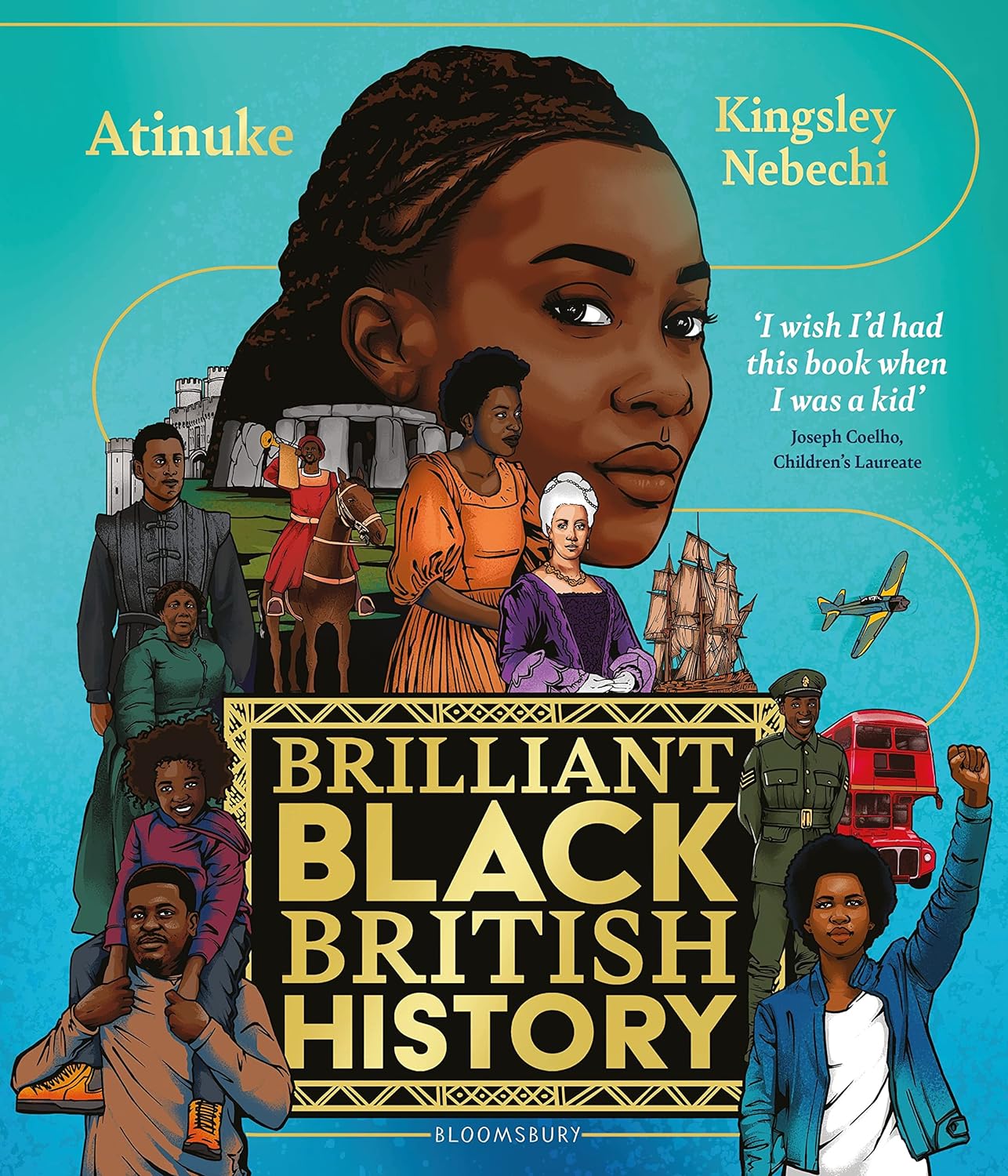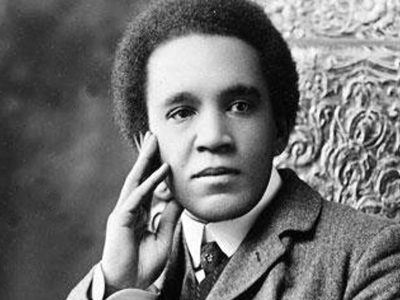A recent survey found that a significant portion of Britons have limited knowledge about Black British history, with over half being unable to identify a single historical figure.
The findings highlighted a “shockingly little” awareness within the UK concerning Black British history. According to the survey, 75% of British adults admitted not knowing “very much” or “anything at all” regarding this aspect of history. Furthermore, 53% of the respondents could not recall any Black British historical figures, while a mere 7% could name more than four.
The survey disclosed that despite the historical presence of individuals with dark skin in Britain dating back around 12,000 years and the first known arrivals from Africa about 2,000 years ago, many Britons have a misinformed understanding of this historical timeline. Specifically, 36% of those surveyed believed that Black individuals only migrated to Britain within the last 200 years, while 29% were unsure. Additionally, 25% thought this migration occurred within the last 100 years, with only 9% correctly identifying that it happened over 1,500 years ago.
Moreover, the survey unveiled a substantial underestimation regarding Britain’s role in the transatlantic slave trade. Over half (53%) of respondents were unaware of the extent of people taken from Africa by the British, with around half guessing the number was 250,000 or fewer. Only 12% believed that more than 1 million people were taken, even though the actual figure is over three times that amount, as revealed by the report.
Bloomsbury Publishing (UK), who commissioned the survey, has recently released a notable book titled “Brilliant Black British History,” (AD), which honours individuals who significantly contributed to Britain across various fields like science, sports, literature, and law.

The book’s esteemed Nigerian-born author, Atinuke, remarked on the survey outcomes, expressing concern over the fact that half of UK adults couldn’t identify a single Black historical figure, and merely 7% could name more than four, summarising the reaction to these findings as one of “disbelief.”
She expected that individuals would be able to identify historical figures like Quintus Lollius Urbicus, who ascended to the position of governor in Roman Britain; Olaudah Equiano, a former enslaved person who emerged as an abolitionist and author; Mary Seacole, known for her support and care to British soldiers during the Crimean War; and the noted composer Samuel Coleridge-Taylor.
She said: “There have always been people with black and brown skin in Britain – from the stone age, through every single era, to the present day. More than that, the forced contribution of millions of Black people before and during the Georgian era changed the course of British history – helping Britain to become the first industrialised nation in the world, and a superpower.”
She urged the government to promote incorporating Black British history in educational institutions like schools and universities. She emphasised that given the increasing polarisation and division in today’s world, there’s a pressing need for enhanced inclusivity. She advocated for a unified approach to teaching British history, underscoring that it is a shared history that belongs to everyone.





